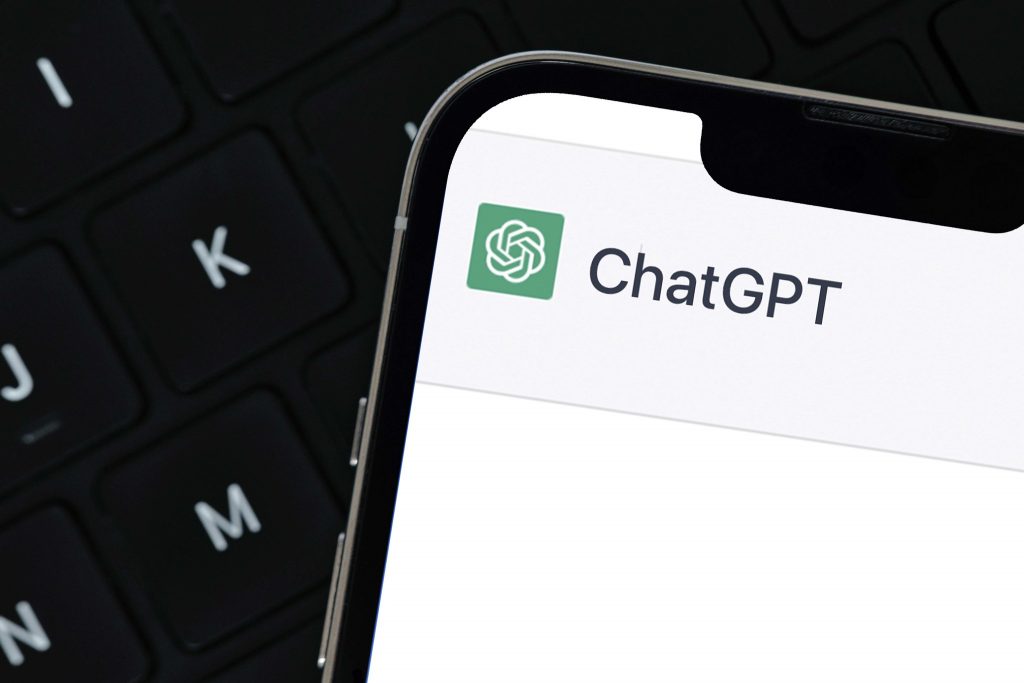
This April Fools’ Day propelled me to ask the not-so-original yet consequential question – is our increasing reliance on artificial intelligence (AI) making us dumber? While most of your opinionated friends and family members might have already unpacked this subject months ago, this piece argues that overreliance on AI should be recognized as a concerning generational habit that may end up negatively affecting our ability to think on our own while also holding us back as a group in the long run.
I would be hard pressed not to recognize that ChatGPT, for instance, is a very attractive AI tool. It seems especially skilled at finding and synthesizing information tailored to one’s search interests and needs. It can quickly find very specific facts buried so deep into the internet that would otherwise take a true research escapade to discover. In a matter of seconds, it can help you reference a unique fact about a firm you’re interviewing at, find tens of contextual synonyms and summarize the main points of a lengthy paper.
When used for these purposes, ChatGPT seems to resemble nothing more than a Google search on steroids. What could be so wrong about that? That kind of approach may be unproblematic, yet the real danger arises when you find yourself using ChatGPT to make up for a lack of inspiration, creativity, or ability to summarize or organize your thoughts.
When using ChatGPT to problem solve, we are essentially delegating our creative and analytical skills to a computer wired to only offer the endpoint of the problem solving process, the solution. If it even qualifies as a learning experience at all, this severely fractured interaction encourages a superficial approach to knowledge acquisition similar to completing your homework by looking at the key answers at the end of your textbook. Not so problematic if used to check your work, but quite concerning if it serves as the starting point of your assignment. While not always the most efficient, the process of discovering how to solve a problem is enriching in itself. Stumbling over information loosely related to the topic while doing your own research may not help you answer the specific question you’re tackling but will offer you insight into something you may use at a later time or help you make connections that you can apply to other projects or endeavors.
That our brain needs constant stimulation to function at its best is no new discovery. ChatGPT and similar AI tools offer us the luxury to place our brains on autopilot for a while, but if that becomes the norm, there is no question that we will simply get worse and worse at thinking. Are we fooling ourselves by thinking that we are ahead of other generations given our easy access to the widest array of information ever?
I challenge this and hold that the process of gathering information is equally relevant to developing an understanding of a topic and ability to thoughtfully apply it in our day-to-day lives. Quick access and reproduction of a multitude of facts is not enough to develop skills needed for sound judgment. While AI can be beneficial for short term purposes, in the long run it may deprive us of the beauty and rewards of spending more time on the search itself.


